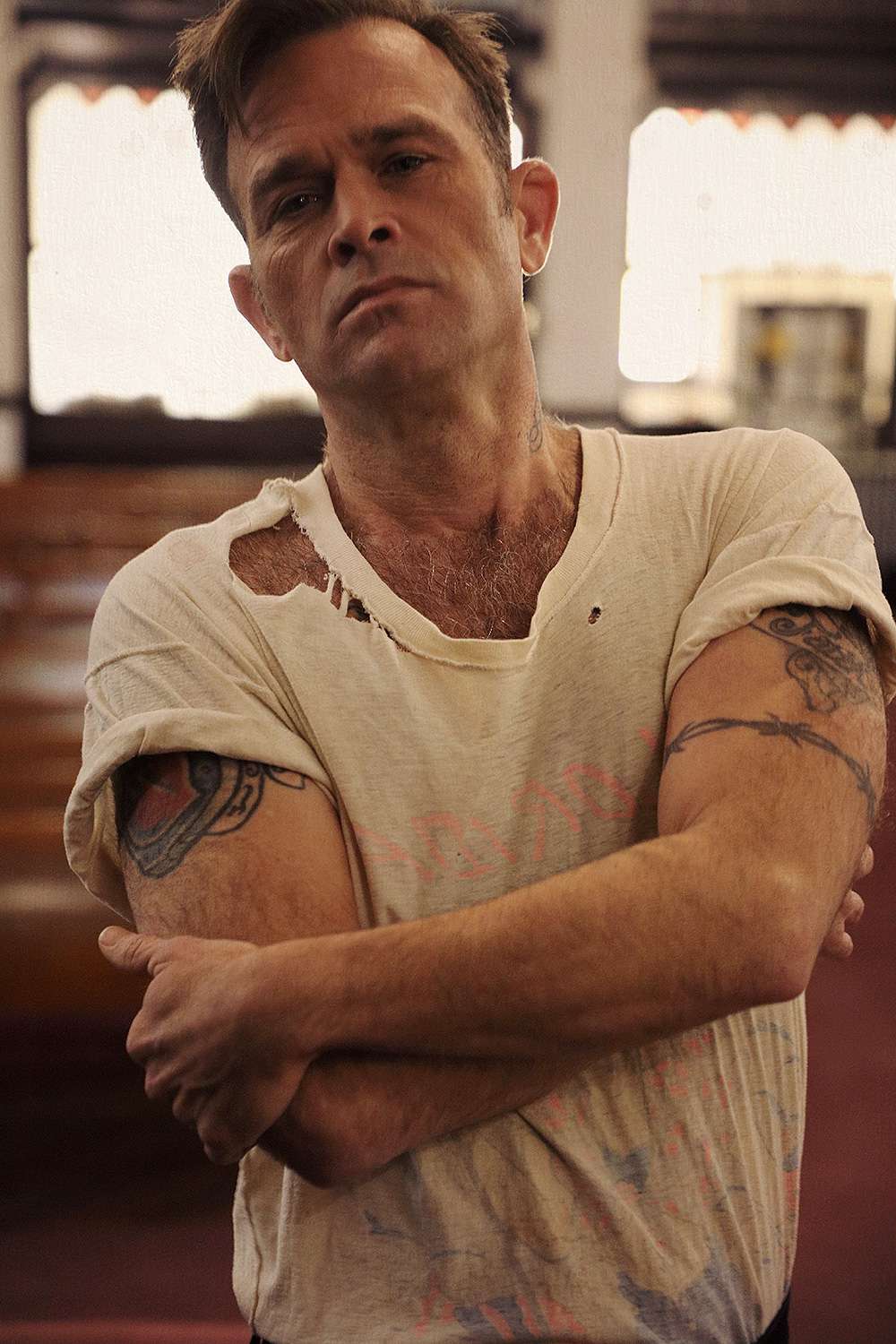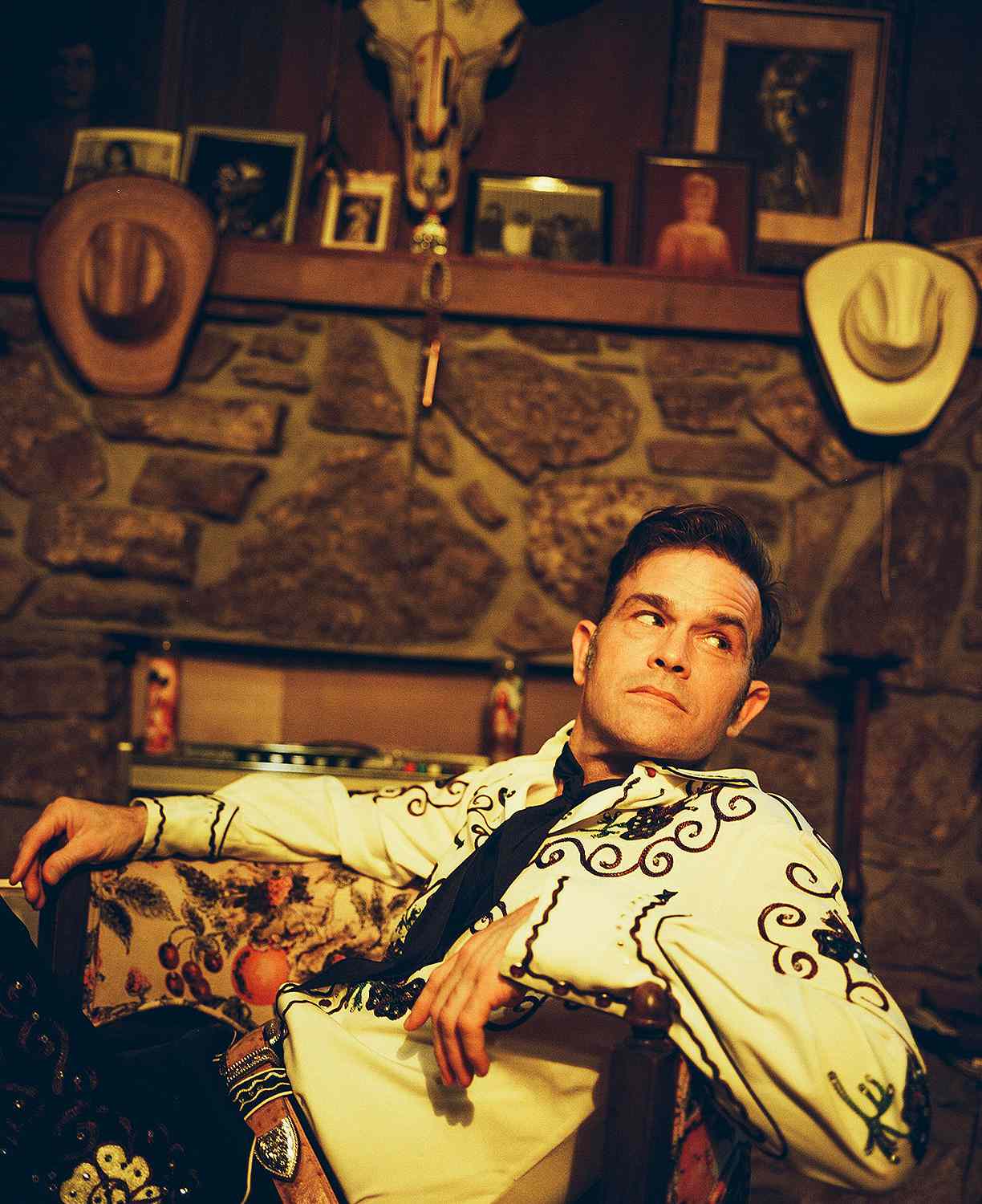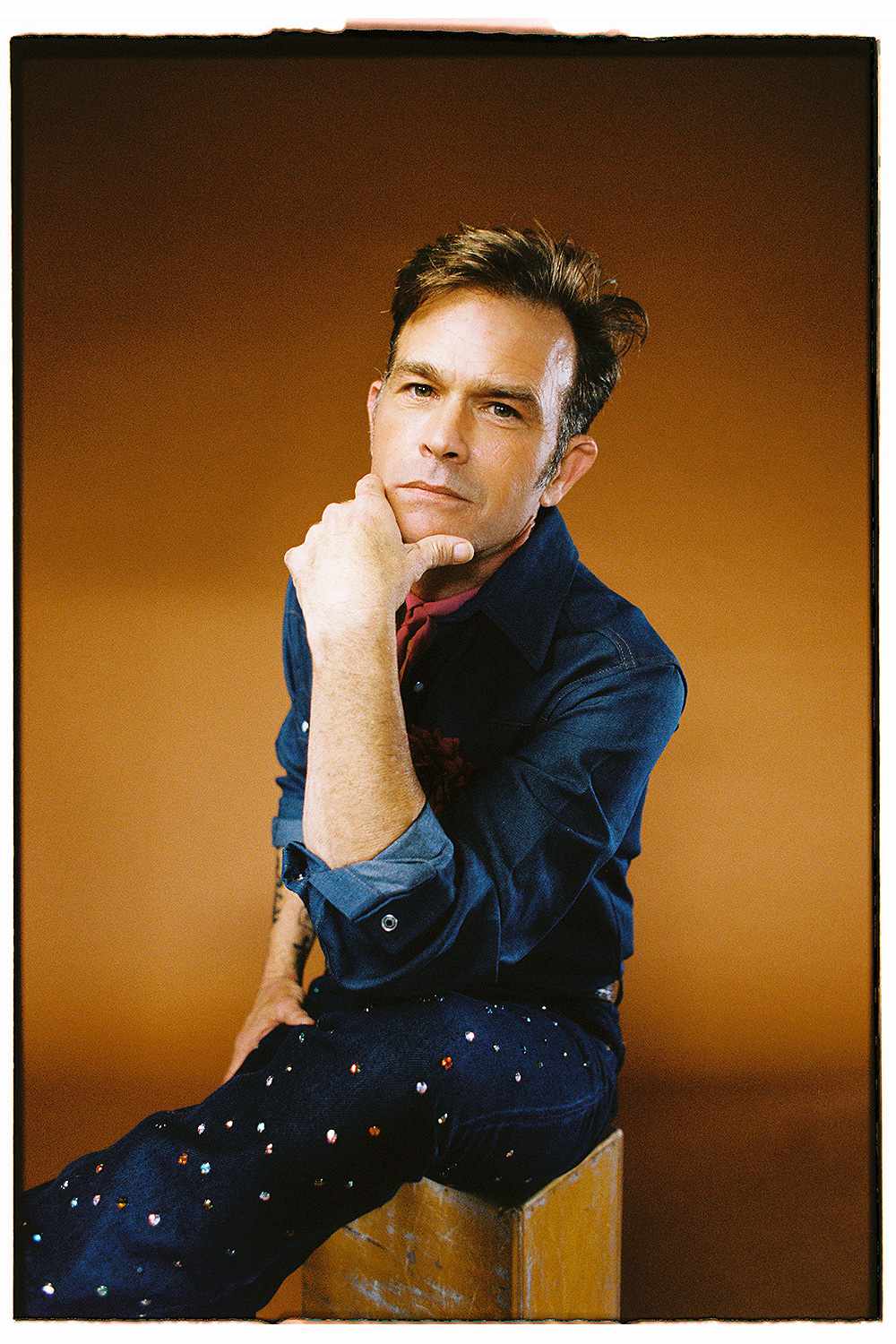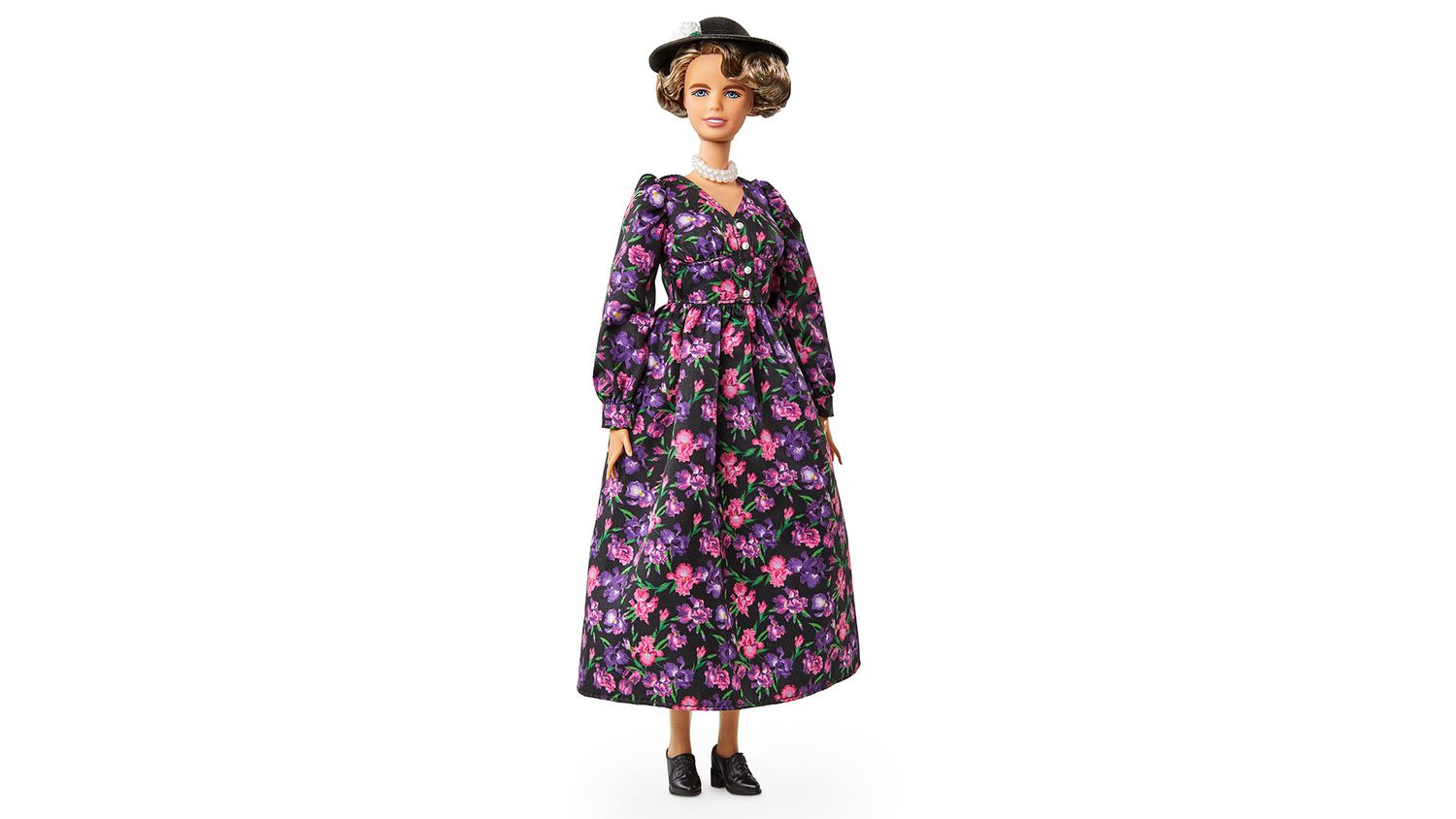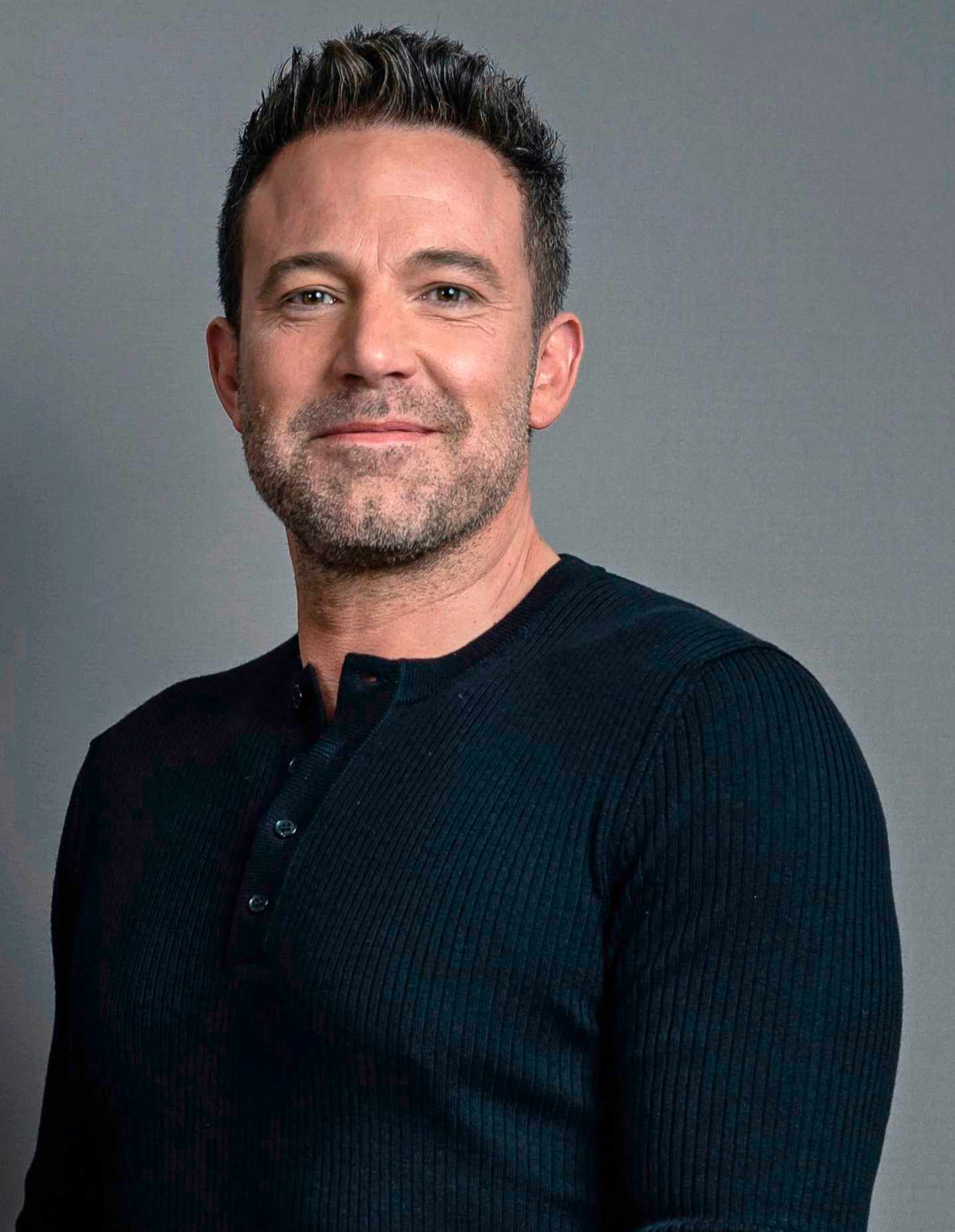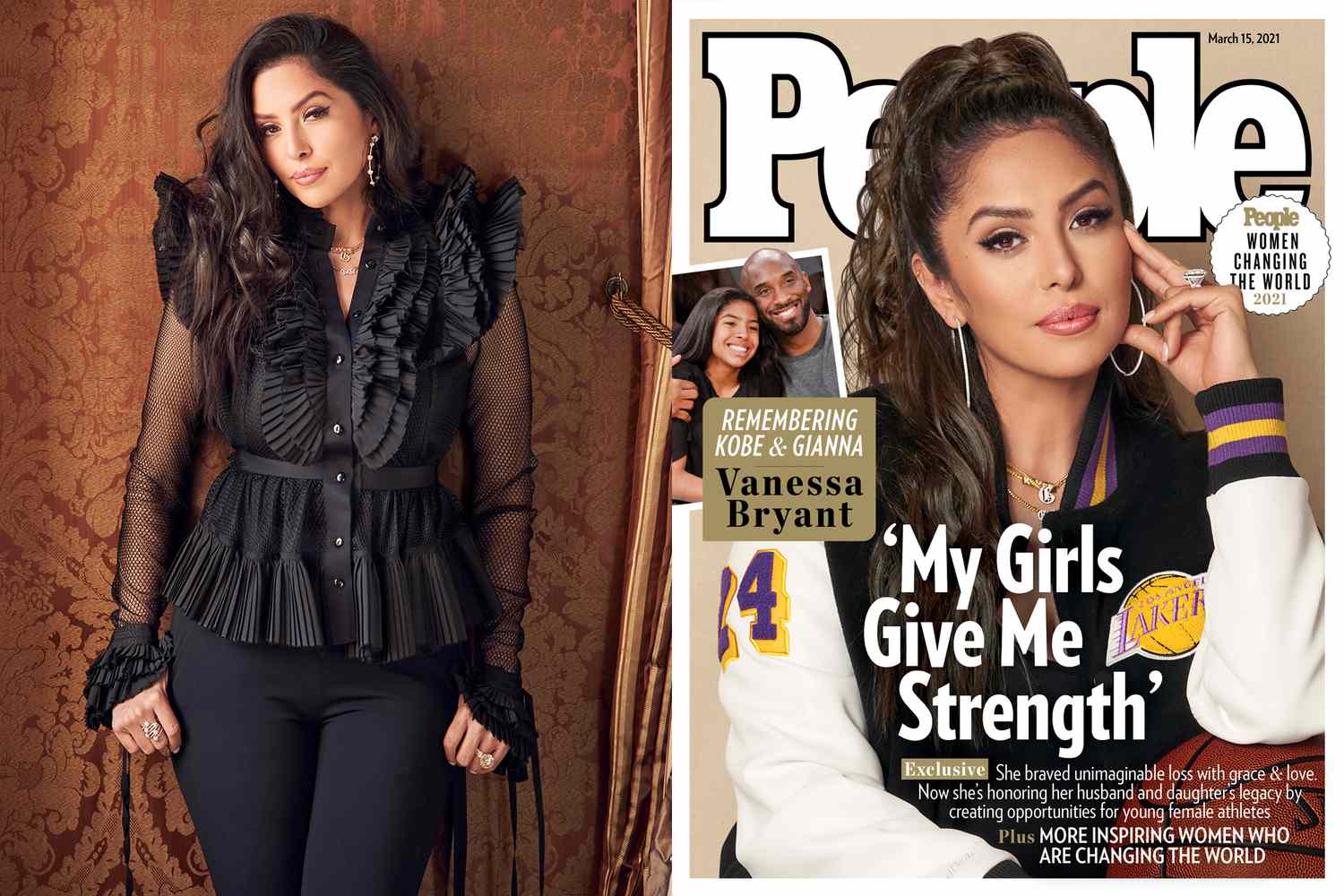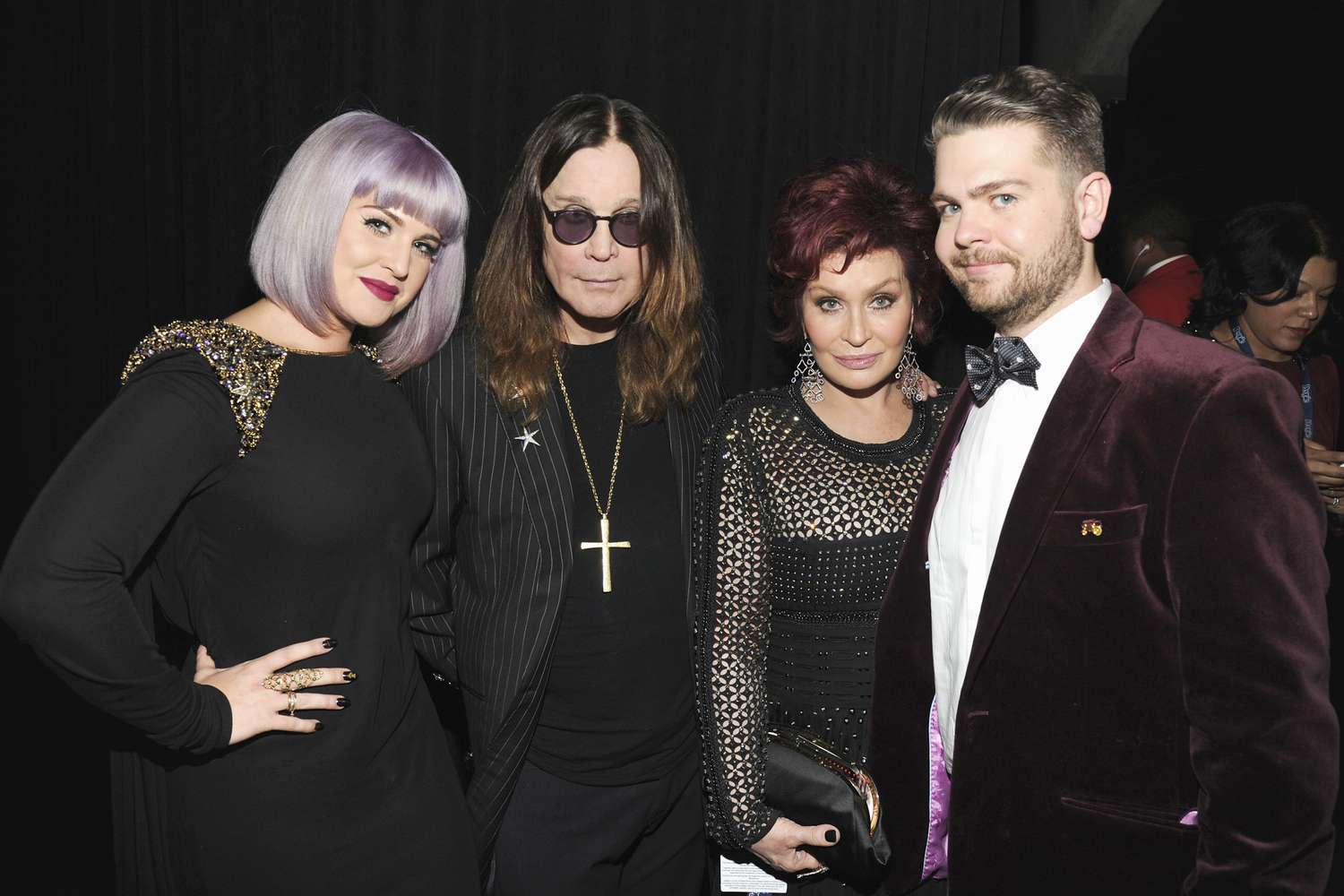https://www.youtube.com/embed/2STk3oL-kgc
The story of Waylon Payne is one that one might wish wasn't true, partly because it's just too devastating, too painful, too unfair. But it's also a story that now has another side to it — a brighter, happier, more hopeful side.
And Payne is just grateful to be alive to see it.
In many ways, the timeline of Payne's life reads like a devastating movie filled with everything from meth addiction to heartbreak, absent fathers and homophobia, sexual abuse and dysfunction and never-ending turbulence.
"Willie [Nelson] was the one that told me this piece of advice," begins Payne, 48, in a revealing new interview with PEOPLE. "He's like, 'Look, everything is important. Yesterday, you can't do anything about it. You cannot do anything about tomorrow either because you don't even know if it's going to come. The only thing that you can do anything about is right now, and as long as right now is okay, then you're golden.'"
And luckily, at this moment, Payne's life is indeed golden.
"I did a little therapy, and I got some tools under my belt to deal with some past trauma and put it where it belonged and I got off drugs and it's just been a crazy, beautiful world since then," the singer/songwriter explains, somewhat emotionally. "I'm so glad I had that experience with hitting the bottom because I know what I don't want to do again."
Indeed, the effects of just some of that wrath that the Texas troubadour has experienced in his 48 years on this earth can now be seen in the stirring music video for his current single "Sins of the Father," premiering exclusively on PEOPLE. Serving as a symbolic representation of the addiction he has dealt with throughout a good portion of his life, the music video serves as a visual hammer to the soul for all those who watch it.
"It's healing," says Payne of the music video, which is the first one to be released from Payne's critically acclaimed album Blue Eyes, The Harlot, The Queer, The Pusher & Me, his first album in 16 years. "I think that nothing happens in life until you're able to sort through your stuff."
In the music video, Payne can be seen tied to a chair and later on a pair of railroad tracks, in a desperate look at what addiction can make one feel like.
"That was real stuff, too," remembers Payne, who came out as gay at 18 years old. "I wasn't thinking about that either when I agreed to do it. Because they let me know — they're really smart, they didn't really give me much time to think this stuff through too much. They'll tell me about it like, 'Oh, by the way, tomorrow you're going to do a video where we're going to strap you in a straitjacket and hang you upside down from the ceiling and we're going to film it.' Yeah, and then the next thing you know, you're upside down in a straitjacket hanging from the ceiling."
But before the cinematic masterpiece of a music video is through, it opens up both visually and metaphorically, referring to the moment in which Payne finally escaped the painful hold that alcohol and drugs once had on him, thanks in part to a dear friend of his.
"I got to watch this incredible man become a father and he let me be a part of that whole experience," remarks Payne, who did meth for the very last time at his friend's son's first birthday party. "And then [his son] came along and once I realized he knew me, and he would know me as I grew up, it was like I put that stuff down. I was like, 'No, I think I would rather do this.'"
To add to the story of this accomplished storyteller is to realize that Payne's family tree has branches that run throughout the history of country music. His father Jody Payne — whom Payne admits to doing "mountains of cocaine" with — was Willie Nelson's longtime guitarist. His mother Sammi Smith was a country singer. He was named after the legendary Waylon Jennings, who also took on the role of his godfather. And during much of his childhood, he was surrounded by greats such as Kris Kristofferson, Janie Fricke and Willis Alan Ramsey.
"I take my lineage and I take my country music history very seriously," says Payne, who played the role of Jerry Lee Lewis in the 2005 Johnny Cash biopic Walk the Line. "I am proud of the contribution my mother made to country music. I am proud of the contribution my father made to country music."
Nevertheless, it was within the confines of the country music industry in which Payne spent his most painful days, with few willing to step in when he needed someone to step in the most.
"I was just out and nobody was guiding me," remembers Payne, who has gone on to write painstakingly truthful songs for everyone from Lee Ann Womack to Miranda Lambert to Wade Bowen. "Nobody even stepped up to try to care. And all of a sudden somebody was like, 'Hey, I want to care about you because I think you're worth it. Let's see what we can do to help figure you out.' And then the blessings came along with that."
And despite years in which Payne found himself running from the pain of his life, he decided just over 10 years ago to stop running and face it in the writing room. And thus, came Blue Eyes, The Harlot, The Queer, The Pusher & Me.
"The first time [Willie] heard 'Sins of the Father,' he said, 'That song is a motherf—er.' And then he said, 'No, I'm going to go farther. That song is a most motherf—er. And I knew the songs were important. I knew that they were powerful. And Willie telling me that, well, I would never doubt anything that Willie Nelson ever said to me."
Source: Read Full Article
